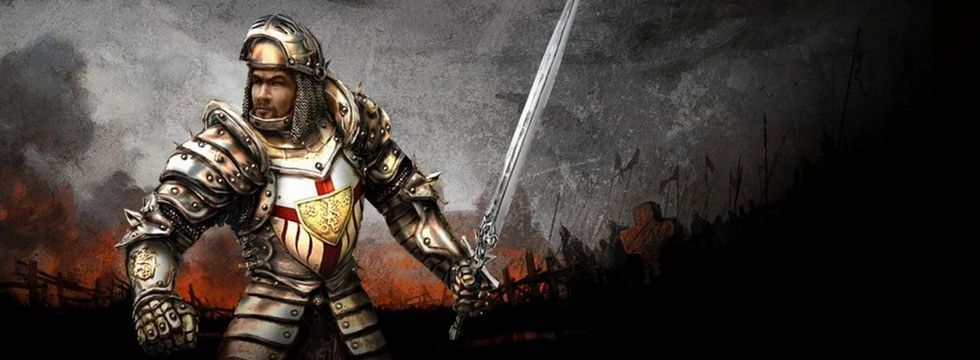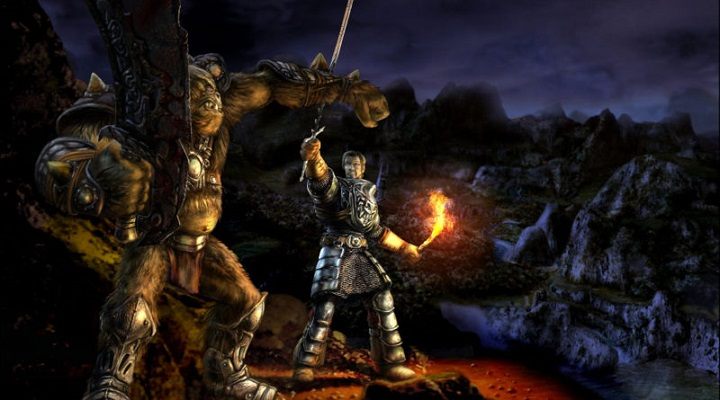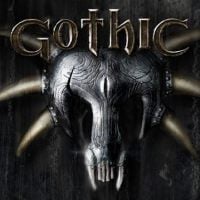Gothic I / Gothic II. Games full of bugs that players loved anyway

- Crude Classics. Games Full of Bugs that Players Love Anyway
- Red Dead Redemption
- Kingdom Come: Deliverance
- S. T. A. L. K. E. R.: Shadow Of Chernobyl
- Fallout: New Vegas
- Vampire: The Masquerade – Bloodlines
- The Witcher 3: Wild Hunt
- Mount & Blade).
- PlayerUnknown's Battlegrounds
- Gothic I / Gothic II
- Grand Theft Auto IV
- The Elder Scrolls V: Skyrim Special Edition
- Total War: Rome II
- Fallout 4
- Far Cry 2
Gothic I / Gothic II
If you started your video game adventure at the turn of the 20th century, Gothic is most likely to come to your mind whenever someone mentioned the most bugged games. Just as it is impossible to deny that the work of Piranha Bytes studio is almost outstanding in many ways as an RPG, it is equally difficult to argue with the fact that it turned out to be completely under-developed from the technological side. Never mind unintuitive controls and outdated visuals – but, wow, there were so many bugs!
I won't even mention the frame rate drop, the deletion of save files, or the textures penetrating each other, because Gothic offers plenty of other "attractions." Falling beneath the ground, problems with equipment, bugs providing endless amounts of potions – these are the bread and butter of the Valley of Mines and Khorinis. And perhaps the most absurd bugs was that ladders were too short, which took a lot of time to get to the upper floor of some buildings.

Despite this, the first and second installments of the series enjoy their icon status to this day. Gothic may not have been polished to perfection (well, it wasn't polished at all...), but the game provided the player with a serious challenge and a lot of satisfaction. The world depicted in the game had a lot of shortcomings, usually very irritating, but it got you hooked with its heavy, gloomy atmosphere and a sense of constant danger. In fact, the success of Gothic gave the developers from Piranha Bytes studio some sort of permission to release games in a fairly raw form – because I don't think any of their previous releases could be praised for its solid development...

While the bugs in the first and second parts of Gothic were still explained by limited funding and lack of experience, the third part was subjected to harsh criticism. There is a reason for this - the third installment of the series, much bigger and prettier than its predecessors, was full of frustrating shortcomings and examples of poor optimization. Nevertheless, even this game has found its fans, though many Gothic maniacs exclude it from the canon. The same can no longer be said for a stand-alone DLC entitled Forsaken Gods, which not only replicated all the bugs of the base version but also added a solid portion of entirely new ones. The result was an expansion so underdeveloped that there could be no consideration. Due to the number of bugs, Forsaken Gods received abysmal reviews and by the time of the release of Arcania: A Gothic Tale was by far the worst-rated installment of the series.







